He believes that the “knot” of the ethical issue is to place journalists in relationships with characters, relationships with the public, responsibility to the Party, and to the people. Overcoming and correcting existing problems is not just about correcting mistakes, but must address the “root” of the story: How can journalists make a living from their profession?
Journalistic ethics never change.
+ Your book “Journalists and journalistic creativity in Ho Chi Minh’s thought” has many summaries and very profound assessments of Uncle Ho’s style and journalism ethics. Sir, reflecting on those instructions, how have there been changes in today’s journalism practice?
- Uncle Ho was a revolutionary and a master journalist. Consistently, he always identified journalists with revolutionary soldiers, revolutionary journalists were the vanguard on the ideological front. The qualities of a revolutionary are the same as those of a journalist. Not to mention, journalists must have professional skills in addition to qualities. Revolutionary ethics in general, and journalistic ethics in particular, according to President Ho, are understood to be the best qualities, the root of all problems in life and career!
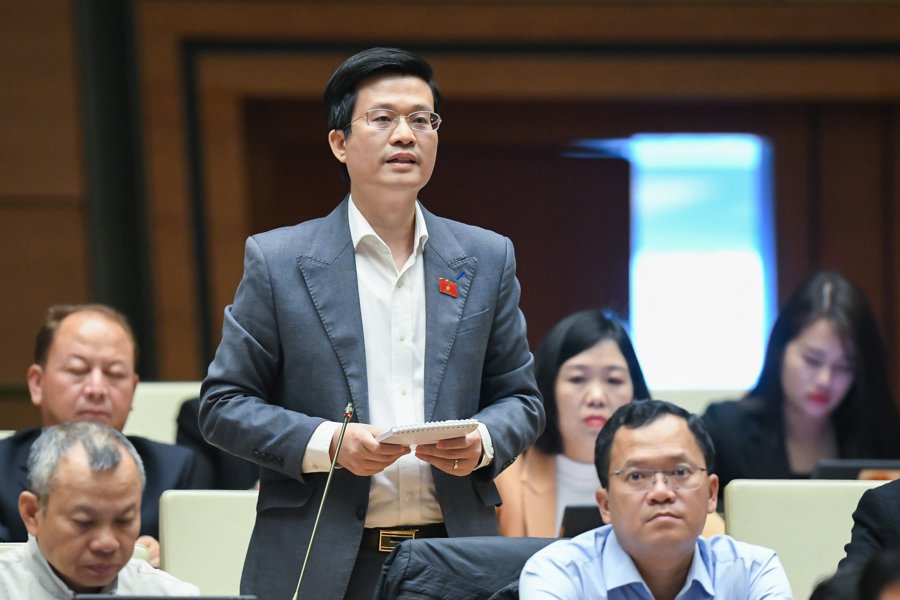
National Assembly Delegate Do Chi Nghia speaks at the National Assembly Hall.
| There are still agencies that do not attach importance to educating and training journalists in ethics. There are even leaders of press agencies who advocate doing journalism to make money, covering up bad actions... |
Nowadays, society has changed a lot, journalism is also facing many new challenges such as economics and technology, but Uncle Ho's advice is still valuable and very current. For example, in the past, many newspapers made mistakes on the front page, then corrected them on the inside page, even in a hidden corner, with the smallest font, and published them in a way that was just right. They didn't even use the word "Correction" but used euphemisms such as "Say it again to make it clear" , "More information about the article..." . I always remember Uncle Ho's words: "Where there is a mistake, there must be a correction! How can you clean the stain on your face if you keep wiping it behind your back?" Uncle Ho's words were so profound, the more I think about it, the better it is!
Since 2016, the law has stipulated that all errors in printed newspapers must be corrected on page 2, clearly stipulating the correction method, not minimizing or avoiding it. However, I still think that errors must be corrected where they are, and errors on any page must be apologized on that page as Uncle Ho said, which is reasonable and thorough.
+ In applying to today's professional life, what exactly do we need to understand about journalistic ethics, sir?
- Professional ethics is a very big issue, with many perspectives, but simply put, it is human ethics and professional ethics. You are a journalist, first of all you have to ensure the code of conduct and ethical standards of ordinary people. Second is ethics in professional relationships, for example, are you sincere with the public? Are you honest in your information?
In the relationship between a journalist and a character in a work, except for investigative techniques and anti-corruption articles, do you respect your sources? And what about your relationship with your colleagues? Is the ethics shown in the newspaper, shown through your work, and is your relationship with each other decent? Is there oppression or making things difficult for each other?
Or is it a relationship of mutual support for better work or is it a joint effort to “fight” and take advantage? These are very essential and practical relationships. Journalists must be seen in their relationships with people, their relationships with the public, their responsibilities to the Party, to the People, and most importantly, they must always serve the revolution and must be for the benefit of the nation.
We have to be stricter with ourselves and our profession.
+ The story of journalistic ethics is mentioned a lot, but to thoroughly resolve the real violations is still a difficult problem. Sir, why is that?
- We should not only look at journalistic ethics in journalism, when in society there are still people who use the press to do things that violate ethics and the law. There are still agencies that do not take ethics education seriously for journalists, and there are even leaders of press agencies who advocate doing journalism to make money, covering up bad actions...
+ Building from the foundation is always easier than repairing and adjusting. From a journalistic perspective, how do we examine and correct ourselves in a way that is both correct, accurate and skillful, sir?
- It's true, like a house, if it's designed from the beginning, it's very easy, but to repair it is a different story. You have to balance what to do first, what to do later, and you have to see what the future will be like after the repair. There are things that only people in the same boat can understand thoroughly, they can't see it "clinically" from the outside, and can't even use the law to handle it. Sometimes it's not difficult, but because we're not strict, we're still considerate, because of some interests. If we consider the press "posting and removing" as normal, then there will be no regulations that can completely eliminate violations.
In this matter, I think, we should solve it with a fundamental, root strategy, not just look at the current situation, eliminate mistakes, and chase after punishment. First of all, we must create a mechanism to solve the problem of journalism economy well, journalism must have a flow so that journalists have a good income, journalists can live by their profession, by their writing, by the payment of society, by the order of the State.
Second, the selection of staff, specifically the selection of the head of the press agency, must be worthy, must understand the profession and have no other interests. If the head makes a mistake, there must be strict sanctions and cannot allow abuse of power or distortion of the profession.
+ In the current context, the country's situation has changed a lot, I think about the core values of journalism. Sir, to return to those core values, what do we need to do?
- The core value of journalism, in my opinion, must be wholeheartedly serving the country, the nation, and the people under the leadership of the Party. Poet Pham Tien Duat once said very poignantly: “When the country is at war, the hand with long and short fingers, all close together to form a fist, creating a united strength to deal with the enemy outside. When peace returns, that hand opens up again, with long and short fingers, diverse, multi-colored but still a united, brotherly hand!” . The core value remains the same as before, but the way of expression is different, we must accept personality, accept diversity. But the ultimate goal must still be to aim for the core value of the profession.
When social networks have a lot of inaccurate or even false information, it is an opportunity for the press to affirm its legitimacy, professionalism and the value of its team. Just speak accurately, fairly and promptly, and the public will trust and come to you. Having an audience means having a source of income, and having an audience means doing a good job of orientation and ideological work.
Of course, the management agencies also need to strongly encourage the press to take the lead, to go straight to new, hot issues to guide public opinion. Do not hesitate or be "sensitive" about everything. Revolutionary press must "block storms in the morning and prevent fire in the afternoon", but if it is "gentle" and waits, how can it shoulder its mission, how can it maintain its core values?
In the press, as well as in a social community, there are both advantages and disadvantages. But no matter what the conditions are, with a mindset towards the public, wholeheartedly serving the country and the people, along with sharing, empathy, support and true understanding from the management agencies, I believe that the press will have the most satisfactory solution for its development strategy.
| When social networks have a lot of inaccurate or even false information, it is an opportunity for the press to affirm its legitimacy, professionalism and the value of its team. If you speak accurately, fairly and promptly, the public will trust you and come to you. |
+ Yes, thank you!
Ha Van (Implementation)
Source


![[Photo] Unique folk games at Chuong Village Festival](https://vstatic.vietnam.vn/vietnam/resource/IMAGE/2025/4/10/cff805a06fdd443b9474c017f98075a4)

![[Photo] April Festival in Can Tho City](https://vstatic.vietnam.vn/vietnam/resource/IMAGE/2025/4/10/bf5ae82870e648fabfbcc93a25b481ea)


![[Photo] Opening of the 11th Conference of the 13th Party Central Committee](https://vstatic.vietnam.vn/vietnam/resource/IMAGE/2025/4/10/f9e717b67de343d7b687cb419c0829a2)


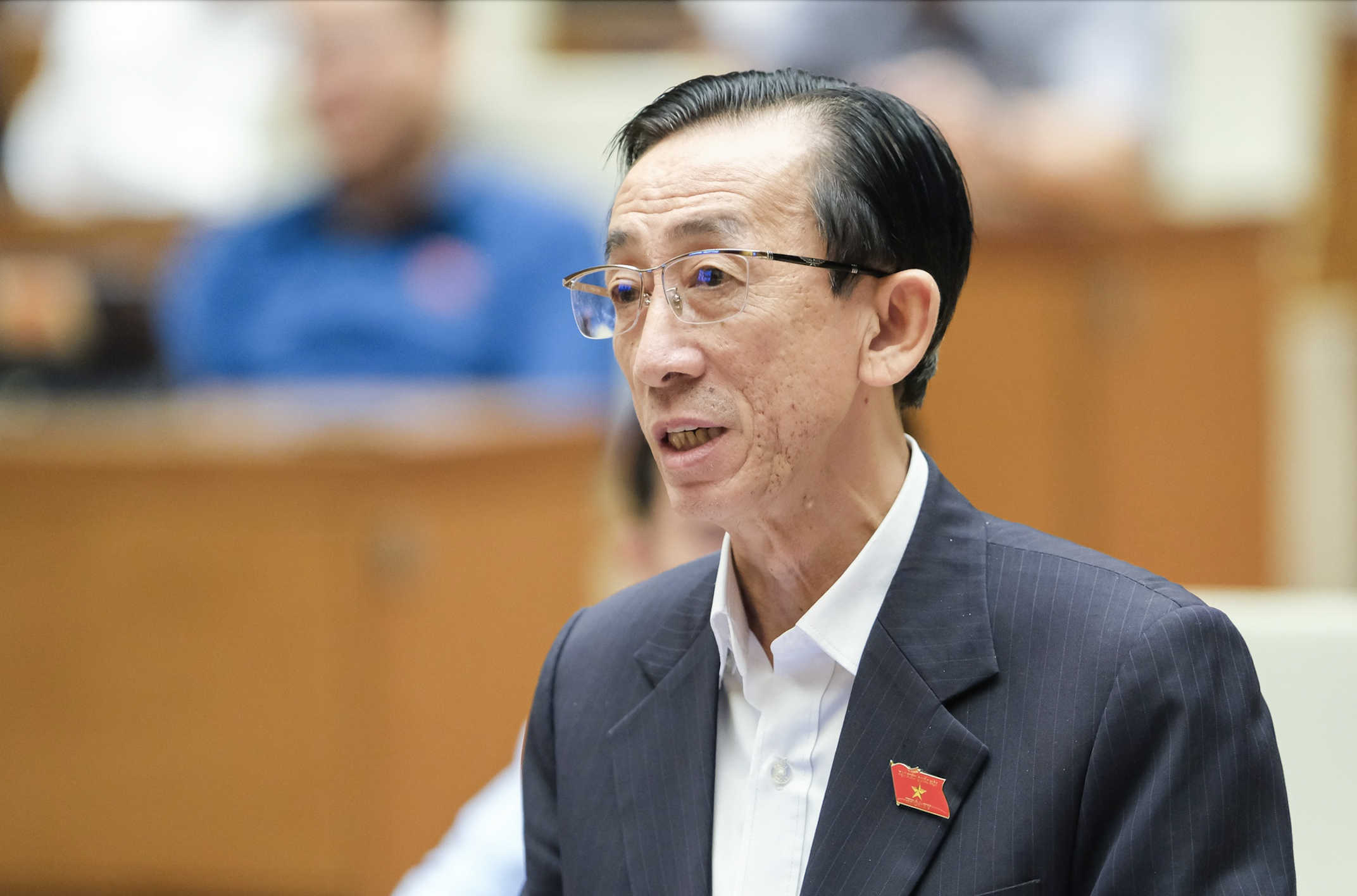

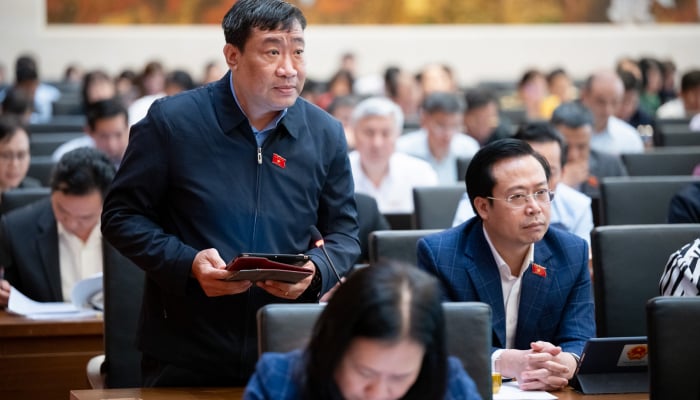
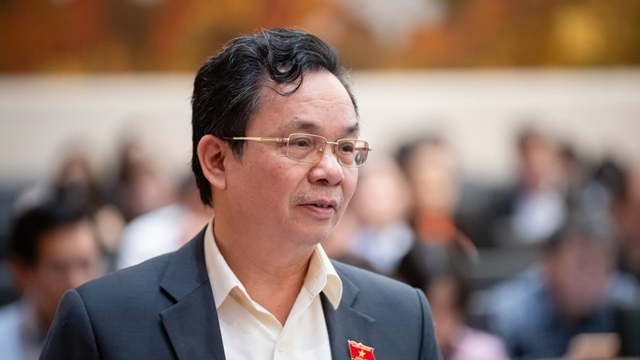

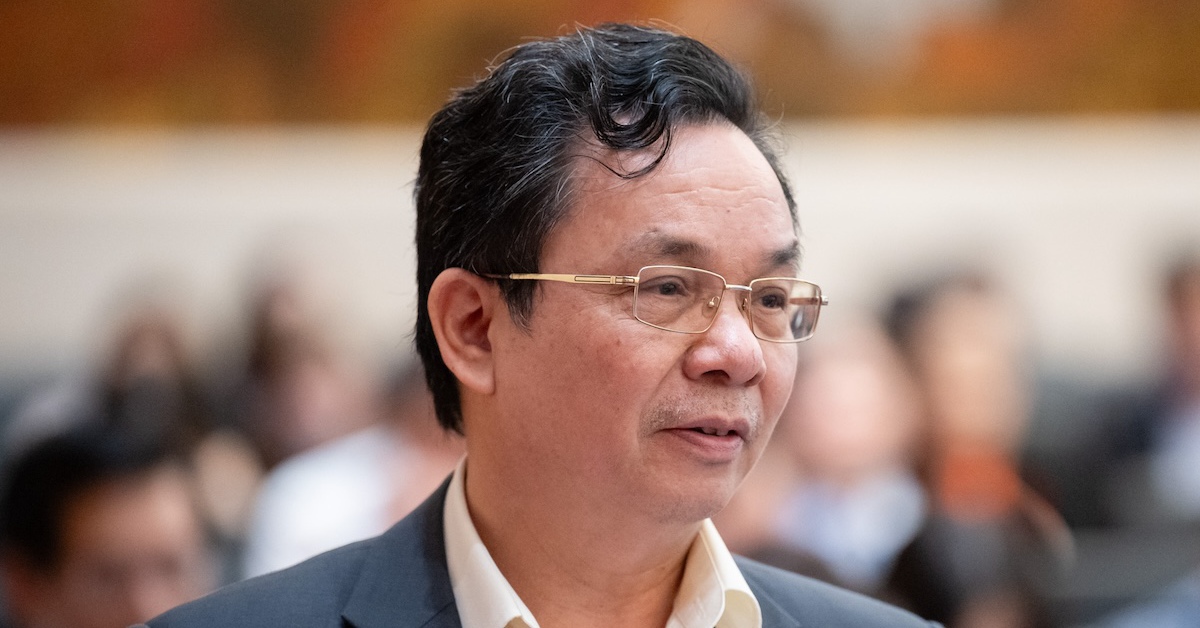


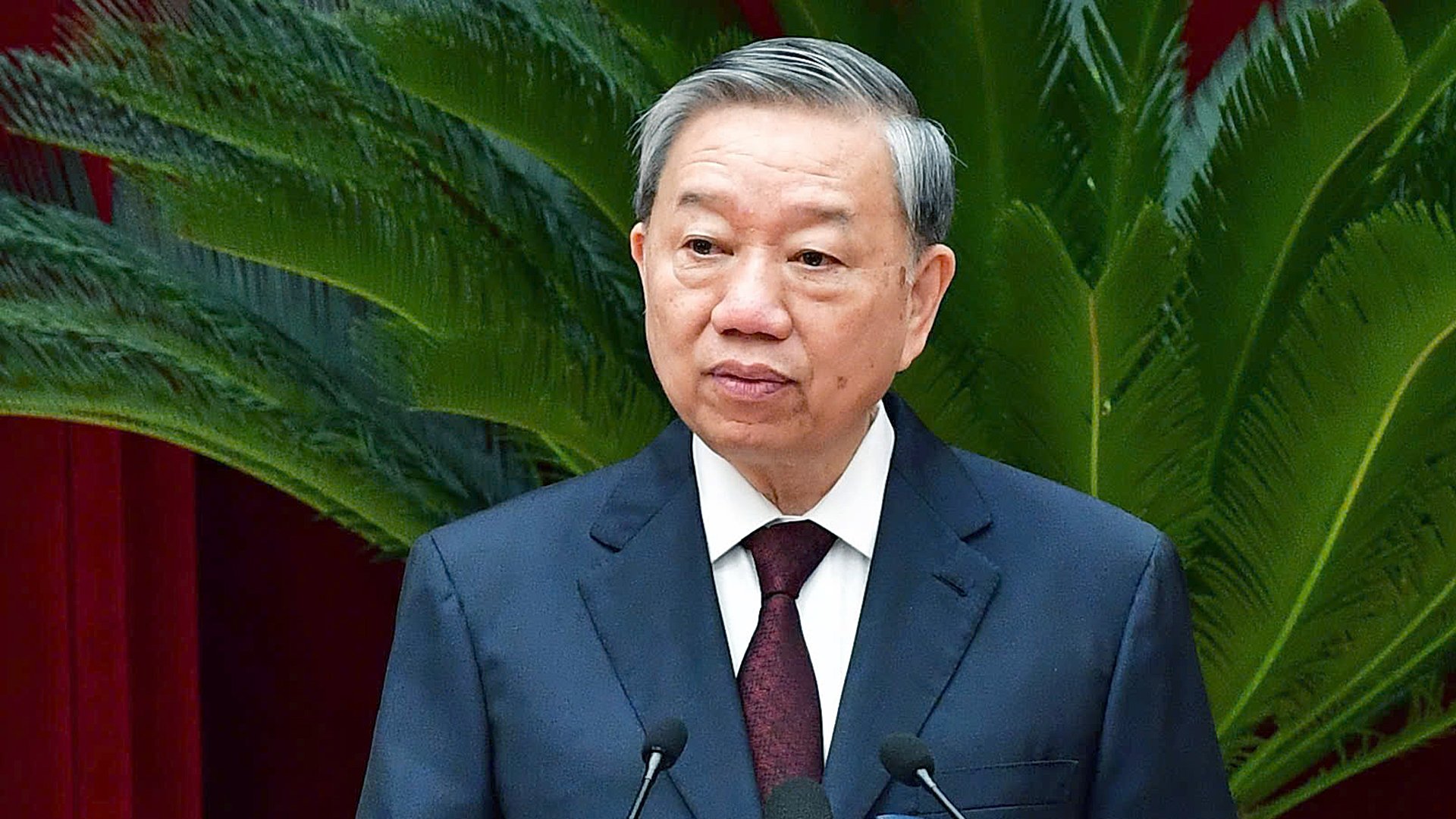

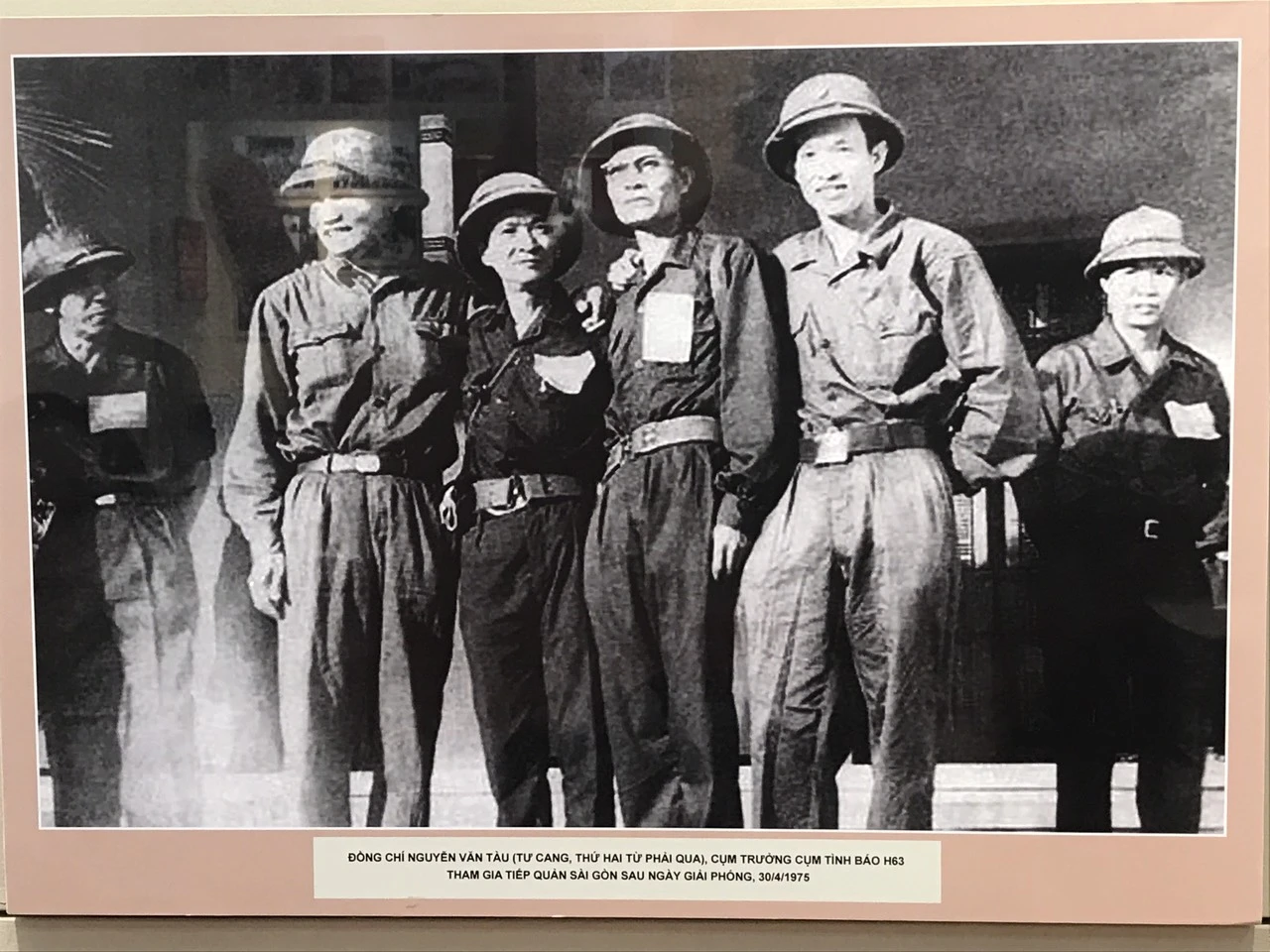

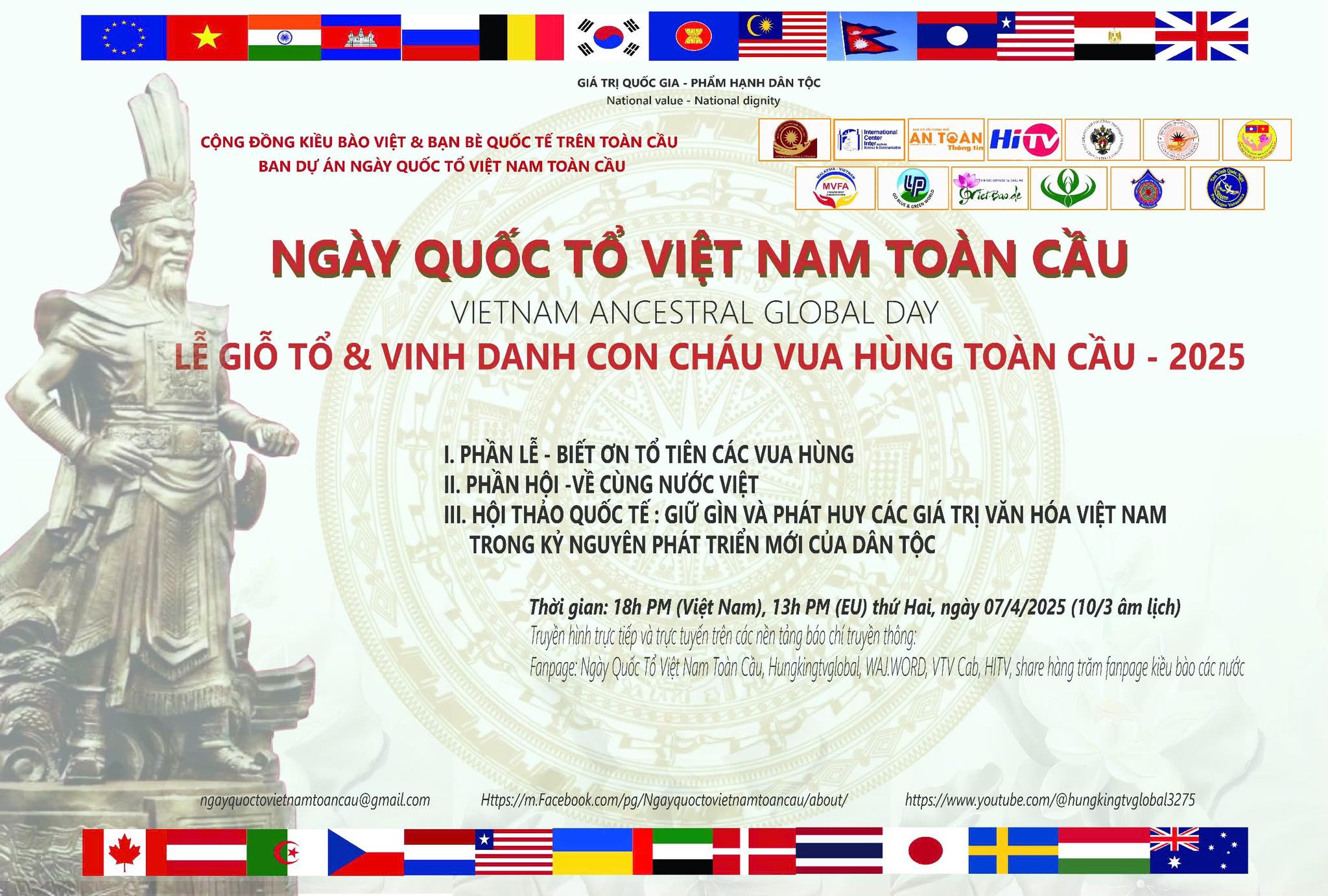









![[Photo] Prime Minister Pham Minh Chinh commends forces supporting Myanmar in overcoming earthquake consequences](https://vstatic.vietnam.vn/vietnam/resource/IMAGE/2025/4/10/e844656d18bd433f913182fbc2f35ec2)

































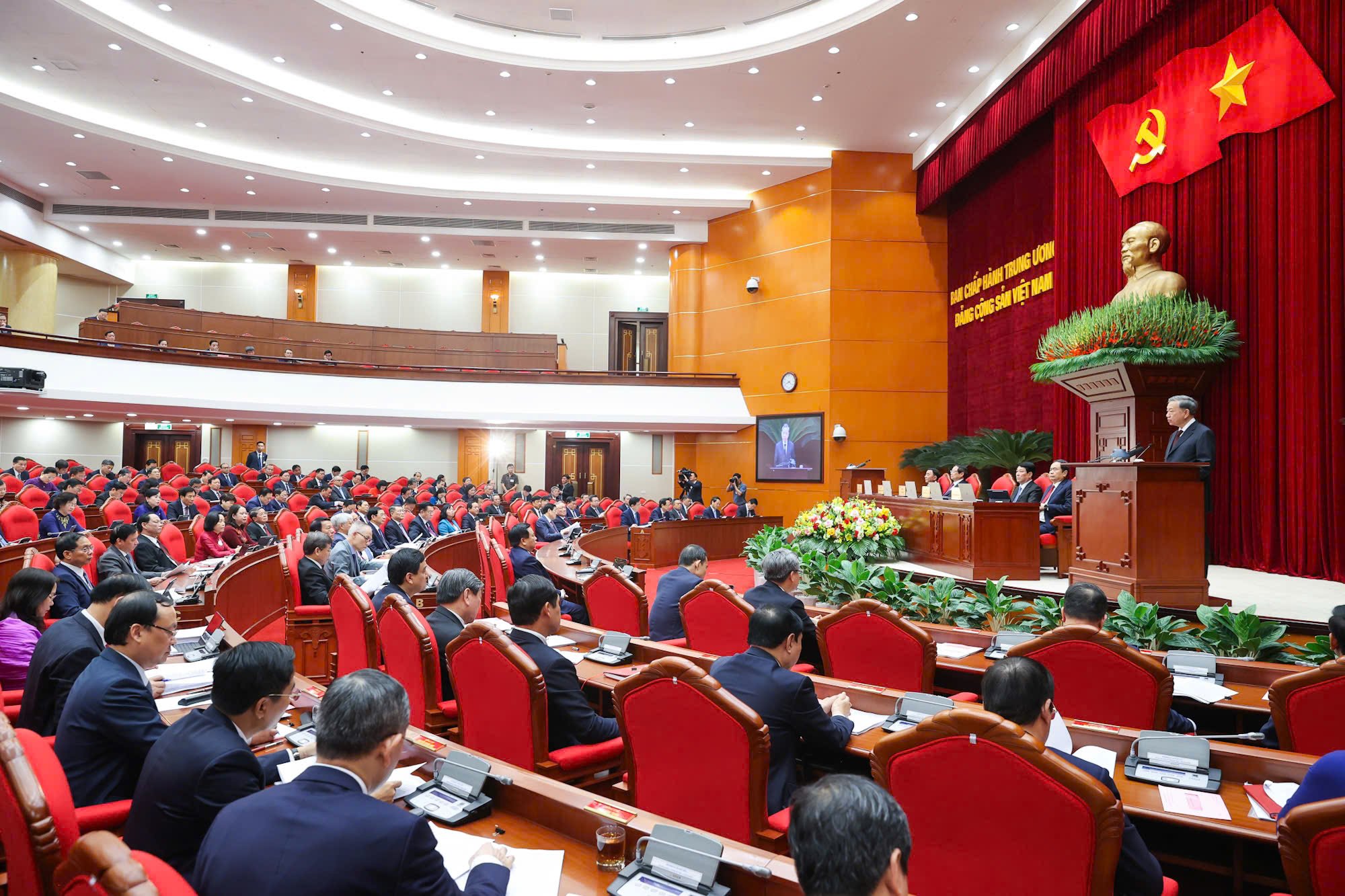
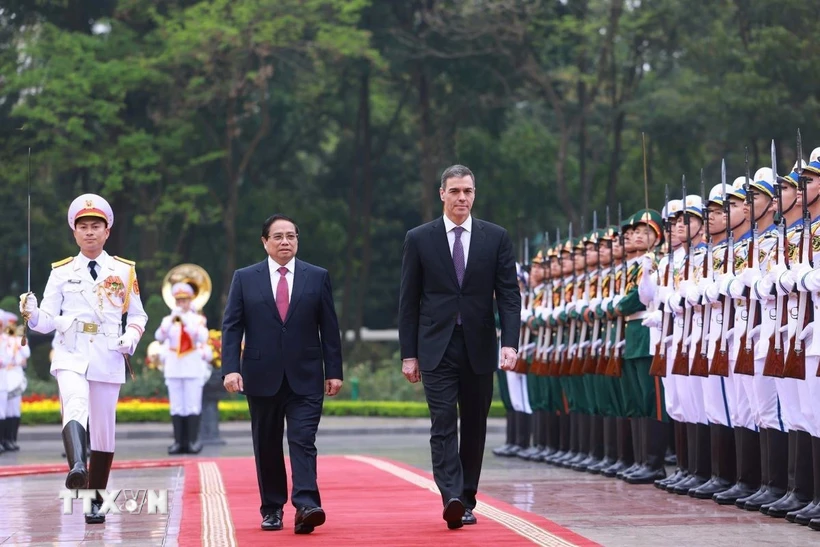









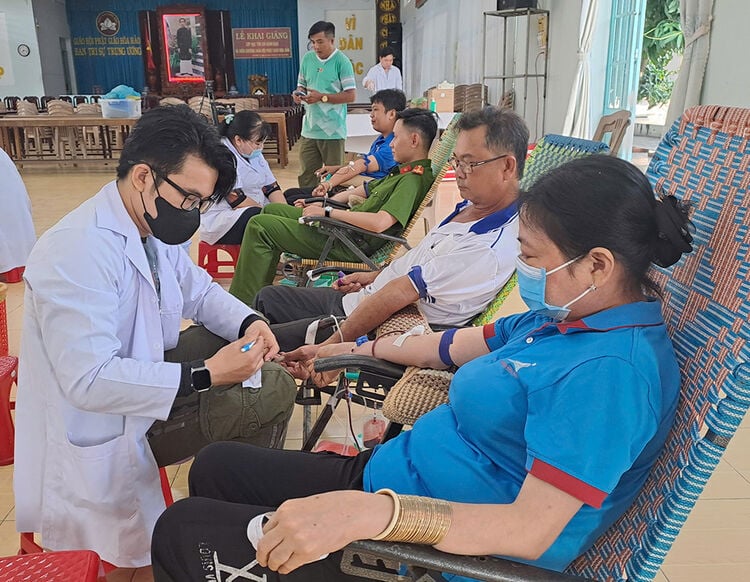


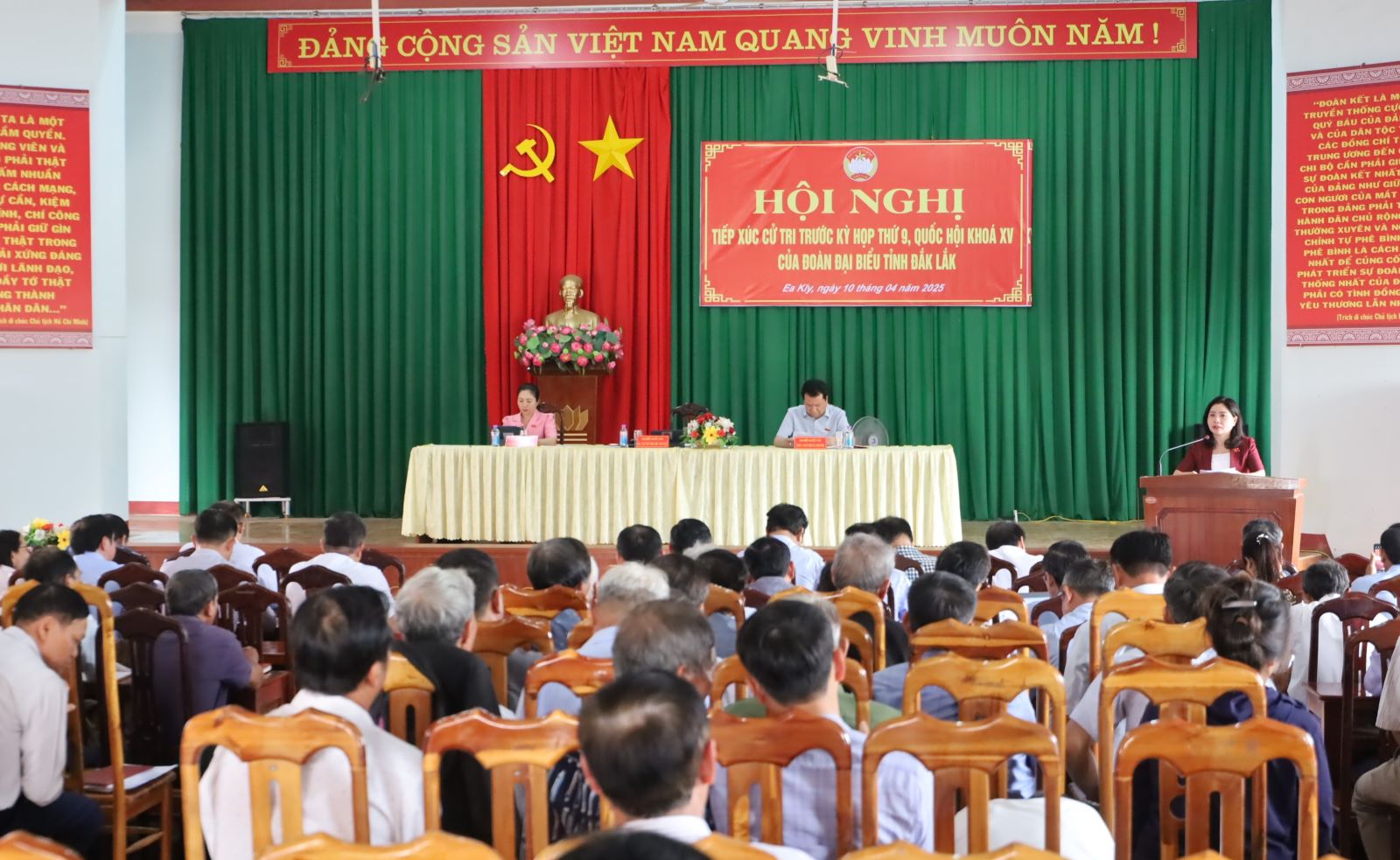



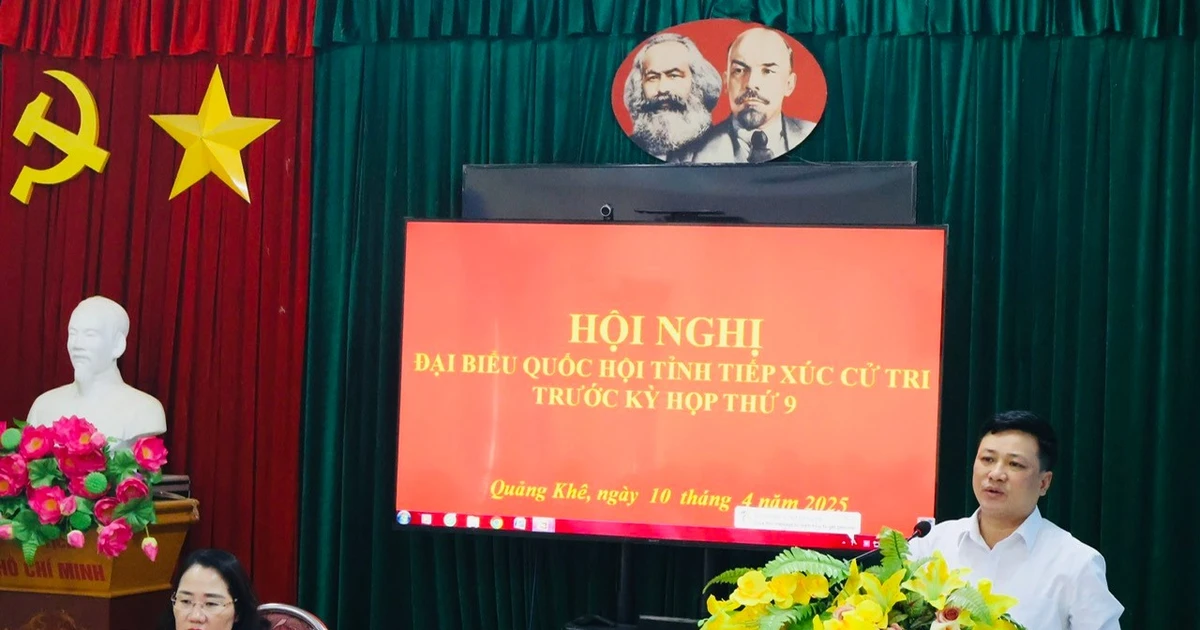









Comment (0)